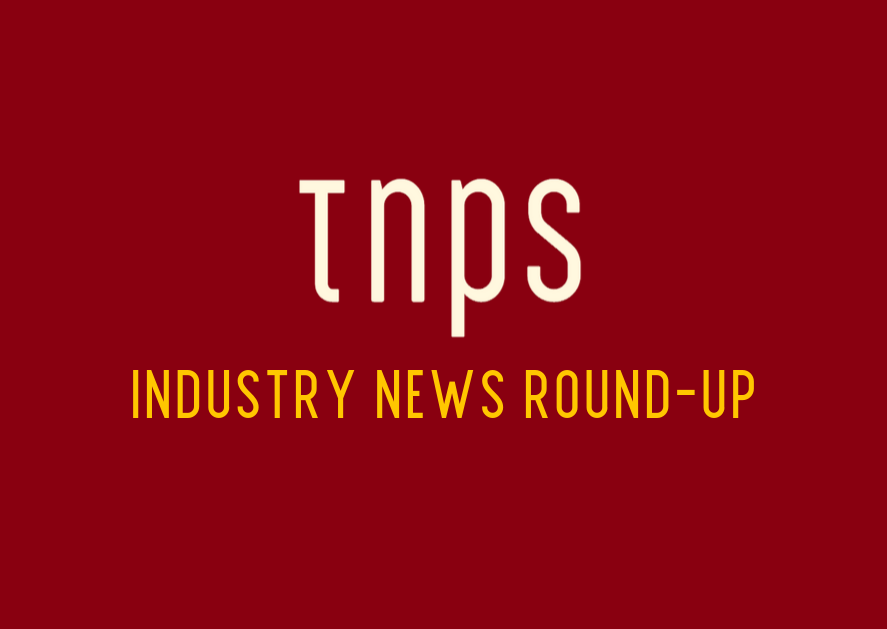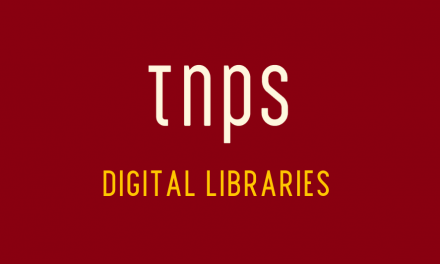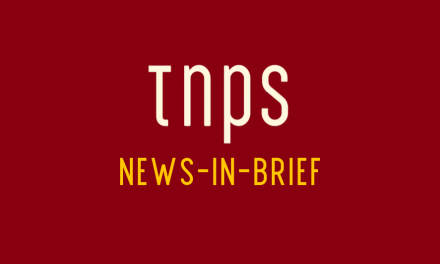Industry News Round-Up is a selection of some of the most interesting stories emerging from the publishing trade journals.
Table of Contents
Random House Business to focus on audio in major relaunch
Random House Business (RHB) has announced a major rebrand and relaunch, with plans to expand its frontlist audiobook programme and reissue key backlist titles to catalyse further sales growth.
The relaunch is designed to cement RHB’s position as one of the world’s leading business publishers and capitalise on the booming market for business books in the wake of the Cornerstone imprint experiencing two years of double-digit sales growth, said PRH.
In addition to significantly expanding the frontlist audiobook programme, RHB will bring a raft of previously unavailable audiobooks to a UK/Commonwealth audience for the first time.
Read the full story over at The Bookseller.
Russian Publishing Players Warn of Losses if VAT on Books Is Raised
Even as many parts of Europe have seen an easing of VAT rates on digital books, Moscow is planning to raise its tax rate above the preferential rate that’s been in place for years.
Russian book industry professionals warn that recently announced plans to revise the state benefits now provided to publishers could lead to crippling losses.
The most challenging element of the anticipated changes involves an end to the preferential VAT rate the industry has traditionally enjoyed. The current rate, established by Moscow early in the century is 10 percent, substantially lower than the value added tax rate levied on other product sectors in the country.
Read more over at Publishing Perspectives.
What the New Kindle Kids Edition Is Missing: Shared Discussion, Incentives, and Publishing
Well, Amazon just announced their Kindle Kids Edition. It is a basically a lower-end Kindle reader with software specially designed for kids. This features a library of age appropriate books, simple ways of kids looking up words, and even flashcards for the words they don’t know.
This is a kid product, so the law of the Internet is that it needs to somehow include badges, and there are badges for a variety of reading accomplishments. Now, this makes sense: we know gamification works for kids as they love to collect things, be it video game trophies, Pokémon cards, or anything else.
This is great, but it all seems a little…well…predictable. Sure, kids love badges and they like to be able to have a lot of content and be able to understand. There is something they love more though: sharing and shaping their experiences with other kids.
Read more over at Forbes.
Publishers face admin and cost burden if no-deal Brexit transpires
Publishers face a raft of additional admin measures plus extra costs when managing their exports and imports to and from the European Union in the event of a no-deal Brexit on 31st October, the Publishers Association’s Brexit Forum heard yesterday (10th October).
Customs clearance will be the major challenge immediately facing publishers, with cross-border data flows and trademarks also presenting new issues.
Andrew Hood, partner at law firm Fieldfisher, warned publishers that customs delays may affect urgent deliveries, so they should be finding out how well their freight forwarders are prepared to support them. Obtaining a EORI (Economic Operations Registration and Identification) number will be needed if a company has only ever exported to the EU before.
Read more over at The Bookseller.
New Venture: Random House Graphic
For the past decade or so, graphic novels have been a rapidly expanding category for children and teens, with a growing number of gatekeepers extolling the value of comics as a form of visual literacy and a powerful means of hooking young readers. Now, a major publisher is getting behind the phenomenon with a dedicated graphic novel imprint. In May 2018, Random House Children’s Books announced plans to launch the Random House Graphic imprint, helmed by publishing director Gina Gagliano. We checked in with Gagliano about her progress, with the list launching in January, in our new occasional series about new children’s publishing ventures.
Gagliano was previously associate director of marketing and publicity at Macmillan Publishing’s First Second Books imprint; she was among the original employees who joined the team in 2005 at its launch. She is well known throughout the comics publishing community and has designed comics programming for the Brooklyn Book Festival, the Splat! Graphic Novel Symposium, the Museum of Comic and Cartoon Art in New York City, and the Toronto Comics Art Festival. Gagliano also co-runs the informal Women in Comics Publishing NYC events series with Abby Denson, and co-hosts the podcast Graphic Novel TK with Alison Wilgus.
Read more over at Publishers Weekly.
The battle for the future of e-books is happening at your local library
If you haven’t visited your local public library lately, you might not realize that you no longer need to physically drop by to check out a book or a movie.
Thousands of public libraries now let their members check out e-books they can download on their smartphones, tablets, and e-readers. They also lend digital audiobooks anyone can listen to as they commute and streaming online movies to view on a computer, phone, or smart TV. Like other public library materials, they’re generally available for free to anyone with a library card.
But whether you’re a library or an individual fan, you can’t truly own digital materials the way you can own a printed book or a movie on DVD or VHS. Fans of e-books, music and video games have seen their collections become unplayable when publishers and distributors shut down servers. When it comes to libraries, licensing agreements largely dictated by publishers control when and how you can borrow materials, and some of those agreements are forcing public libraries on limited budgets to make tough choices about what they offer to the public. As libraries and publishers both look to adapt to a shifting media marketplace, library users can find what was once an excellent free resource for reading and viewing affected by agreements and industry policies outside their control.
While by many accounts e-book sales overall have plateaued in recent years, library e-book use is still on the rise: Rakuten OverDrive, the biggest platform providing e-books to library patrons, reported that its library customers around the world lent out 274 million digital books in 2018, up 22% from the previous year, including through its popular Libby app. Digital audiobooks lent through OverDrive similarly jumped 28% to 107 million, according to the company.
Read more over at Fast Company.
Nobel literature prize: They promised a new ‘vision’, then went controversial again
… The Nobel is the world’s richest literature prize, with each winner receiving 9 million Swedish krona (about €830,000).
The 2018 award was held over till this year in the wake of a sexual assault scandal. Jean-Claude Arnault, the husband of an Academy member, was accused of a series of assaults and in October last year was jailed for two years for rape.
This year’s choice of winners to some extent casts doubt on the stated intention of the Academy to bring greater diversity to the Nobel Prize. Chair of the Nobel committee, Anders Olsson, last week said “the criteria have changed”, that the prize now has a “global” viewpoint, whereas “previously we had a more eurocentric perspective of literature”.
However, the two winners announced today – both white European authors working in a modernist tradition – look very much like other Nobel winners from recent decades. The announcement does partly fulfil Olsson’s expressed aim to move away from the prize’s “male-oriented” past.
Read more over at The Irish Times.






ARE THERE NEWS ABOUT THE STATE OF DIGITAL PUBLISHING IN LATIN AMERICA,. EBOOKS TRANSLATION TO AD FROM SPANISH TO OTHER LANGUAGES’ Thank you for your response, Joseph Berolo Editorial Ave Viajera, Bogota Colombia